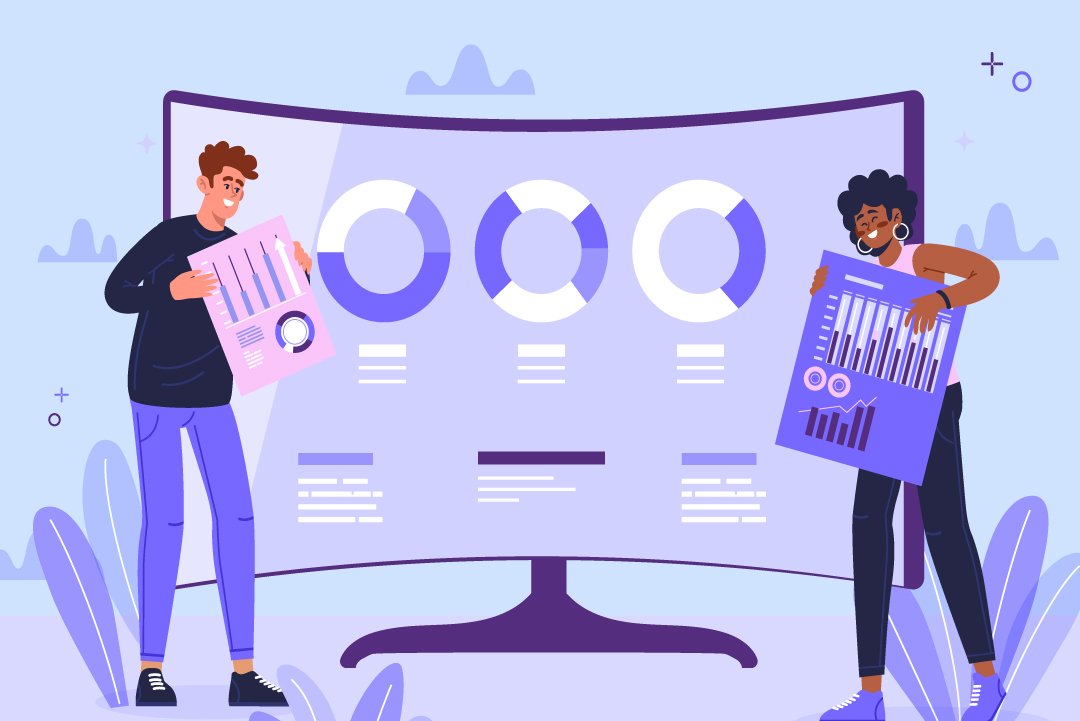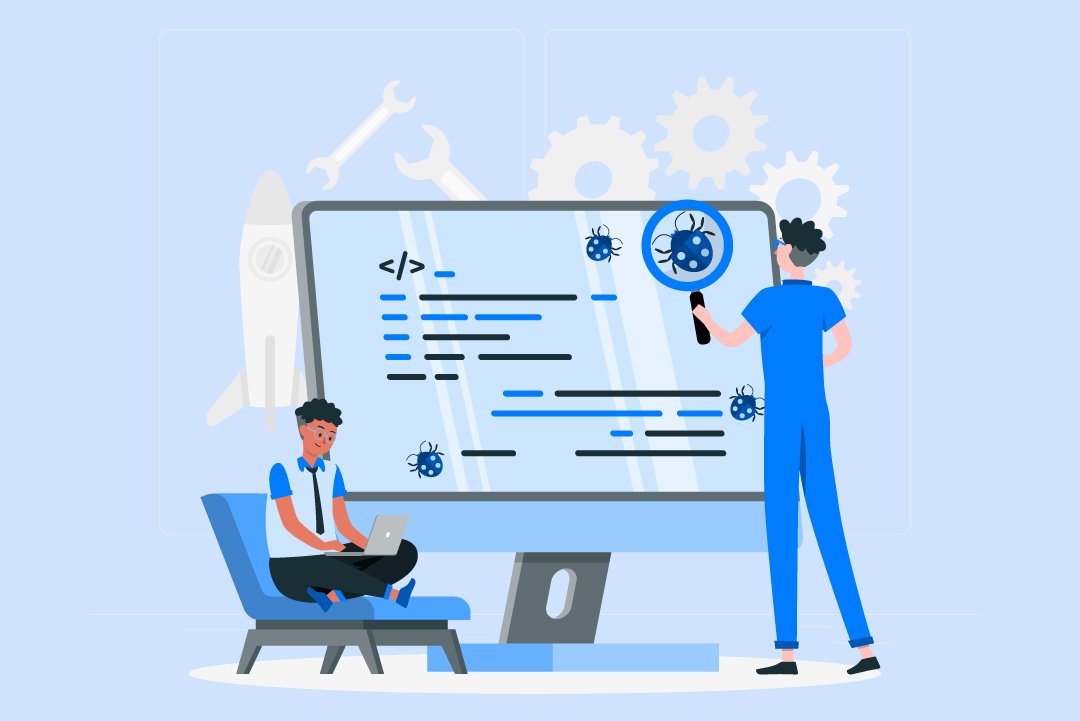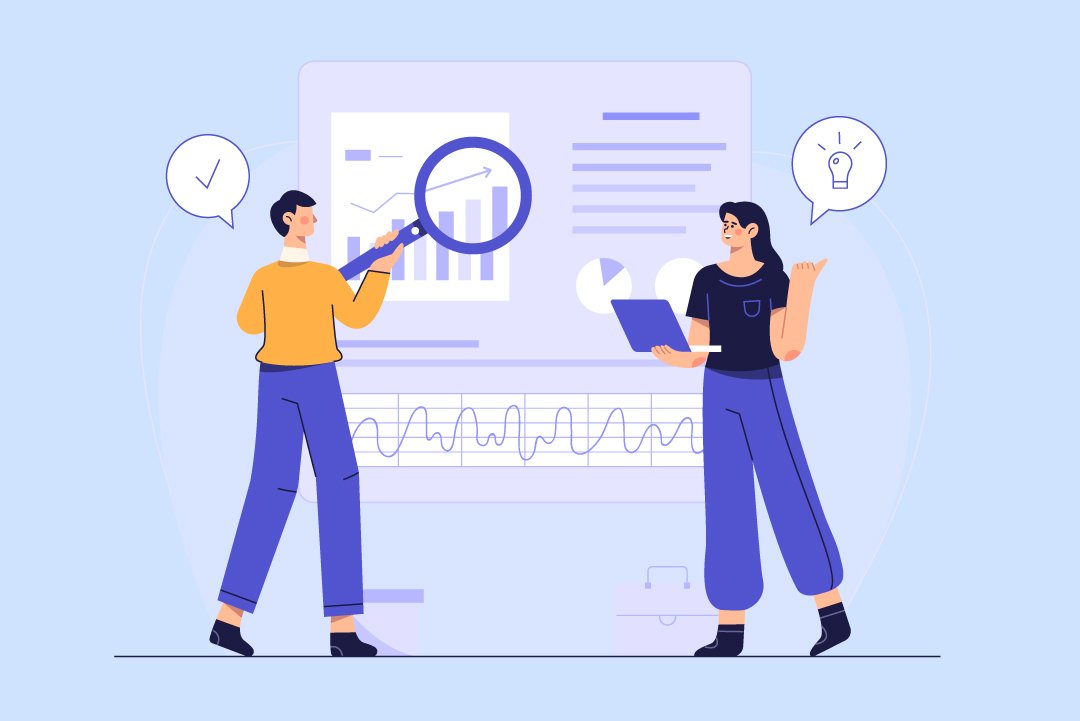Introduction
In the fast-paced world of startups, launching a successful product often hinges on the effectiveness of its initial testing and the quality of user feedback gathered during the MVP phase. Minimum Viable Product (MVP) development services are designed to create a version of a product with just enough features to satisfy early adopters and provide critical feedback for future development. For startups, MVP software development is a strategic approach to minimize risk, validate ideas, and refine their offerings before committing significant resources to full-scale development. This article explores the crucial role of testing and gathering feedback in MVP development, highlighting various testing methods, feedback collection techniques, and the importance of iterating based on user insights.
Testing Your MVP

Testing is a foundational component of MVP development for startups, ensuring that the product is functional, user-friendly, and performs well under different conditions. Effective MVP development companies employ a range of testing types to cover all bases.
Types of Testing
- Functional Testing: This type of testing focuses on verifying that all features of the MVP work as intended. It checks for errors, bugs, and glitches that could impede the product’s functionality. Functional testing is essential to ensure that the core features meet the minimum requirements for usability.
- Usability Testing: Usability testing assesses how easy and intuitive the product is for users. It involves observing users as they interact with the MVP to identify any difficulties they encounter. This type of testing is crucial for understanding user experience and ensuring that the product is accessible to its target audience.
- Performance Testing: Performance testing evaluates how the MVP performs under various conditions, including high traffic and load. It helps identify bottlenecks and performance issues that could affect user satisfaction. Ensuring that the MVP can handle real-world usage scenarios is vital for a positive user experience.
Tools and Techniques for Effective Testing

MVP development agencies use a variety of tools and techniques to streamline the testing process and gather actionable insights:
- Automated Testing Tools: Tools like Selenium, JUnit, and TestComplete automate repetitive testing tasks, increasing efficiency and ensuring consistent results.
- User Testing Platforms: Services like UserTesting and Lookback provide platforms for conducting remote usability tests, allowing MVP developers to gather real-time feedback from actual users.
- Performance Monitoring Tools: Tools such as Apache JMeter and LoadRunner simulate user traffic to test the MVP’s performance under different conditions, helping identify potential issues before they affect users.
Collecting User Feedback

Collecting and analyzing user feedback is a critical aspect of MVP software development. Feedback provides valuable insights into user needs, preferences, and pain points, guiding the refinement and enhancement of the product.
Methods for Gathering Feedback
- Surveys: Online surveys are a straightforward method for collecting quantitative data from users. They can include a mix of closed and open-ended questions to gather detailed insights.
- Interviews: One-on-one interviews offer in-depth qualitative feedback. They allow MVP developers to delve deeper into user experiences, uncovering nuanced insights that surveys might miss.
- Analytics: Tools like Google Analytics, Mixpanel, and Hotjar track user behavior and interactions with the MVP. This data helps identify patterns and areas for improvement based on how users engage with the product.
Analyzing and Interpreting User Feedback
Analyzing user feedback involves identifying common themes, patterns, and outliers. MVP development services often use the following techniques:
- Affinity Diagrams: Grouping feedback into categories to identify common themes and prioritize issues.
- Sentiment Analysis: Using natural language processing tools to gauge user sentiment and identify areas that elicit strong reactions.
- User Journey Mapping: Visualizing the user’s interaction with the product to pinpoint friction points and areas for enhancement.
Iterating Based on Feedback

The primary goal of gathering feedback during MVP development for startups is to inform iterations and improvements. MVP development companies leverage data-driven decisions to refine the product, ensuring it meets user needs and expectations.
Making Data-Driven Decisions
Data-driven decision-making involves using the insights gathered from testing and feedback to guide the development process. This approach minimizes guesswork and ensures that changes are based on actual user needs rather than assumptions.
- Prioritizing Improvements: Not all feedback can be addressed simultaneously. MVP developers prioritize improvements based on factors like the frequency of issues, their impact on user experience, and the feasibility of implementation.
- Implementing Changes: Once priorities are set, MVP development agencies implement changes iteratively, testing each modification to ensure it resolves the identified issues without introducing new problems.
Case Studies

Examining real-world examples of MVPs improved through testing and feedback provides valuable insights into the process.
Case Study 1: Dropbox
Dropbox started as a simple MVP with a basic file-sharing functionality. Through rigorous testing and user feedback, the team identified critical features and usability issues. By addressing these insights iteratively, Dropbox was able to refine its product, eventually becoming a leading cloud storage solution.
Case Study 2: Airbnb
Airbnb’s initial MVP focused on renting air mattresses in a shared space. User feedback highlighted the need for better user experience, more property listings, and enhanced trust features. By iterating based on this feedback, Airbnb evolved into a comprehensive platform for booking unique accommodations worldwide.
Case Study 3: Buffer
Buffer began as a simple tool for scheduling social media posts. User feedback revealed a demand for more robust analytics and team collaboration features. By continuously iterating based on user insights, Buffer expanded its offerings and solidified its position in the social media management market.
Conclusion
Testing and gathering feedback are integral to the success of any MVP development project. By employing various testing methods and leveraging tools for effective analysis, MVP development services can ensure that the product meets the needs of its target audience. Collecting and interpreting user feedback provides valuable insights that guide data-driven iterations, enhancing the product and increasing its chances of success in the market.
For startups, partnering with an experienced MVP development agency can provide the expertise and resources needed to navigate this critical phase. MVP developers bring the skills and knowledge required to conduct thorough testing, gather meaningful feedback, and implement effective improvements. As a result, startups can refine their products, reduce risks, and set the stage for successful full-scale development.
FAQs
MVP development services help startups create a basic version of their product with essential features to test market viability, gather user feedback, and guide future development.
Usability testing focuses on how easy and intuitive the product is for users, while functional testing ensures that all features work correctly and without errors.
Common methods include online surveys, one-on-one interviews, and using analytics tools to track user behavior and interactions with the product.
They prioritize improvements based on the frequency and impact of issues, as well as the feasibility of implementing changes, ensuring that the most critical enhancements are addressed first.
Iterating based on user feedback helps refine the product to better meet user needs and expectations, increasing the likelihood of market success and reducing the risk of costly mistakes.
About Softvil
Softvil is a leading software development company specializing in MVP (Minimum Viable Product) development services tailored for startups and innovative enterprises. With a proven track record in MVP software development, Softvil empowers businesses to bring their ideas to market swiftly and efficiently. Our team of experienced MVP developers utilizes cutting-edge technologies and agile methodologies to create functional, user-centric MVPs that validate concepts and gather valuable user feedback. By partnering with Softvil, startups gain access to comprehensive MVP development expertise that minimizes risks, optimizes resources, and paves the way for successful product launches.

